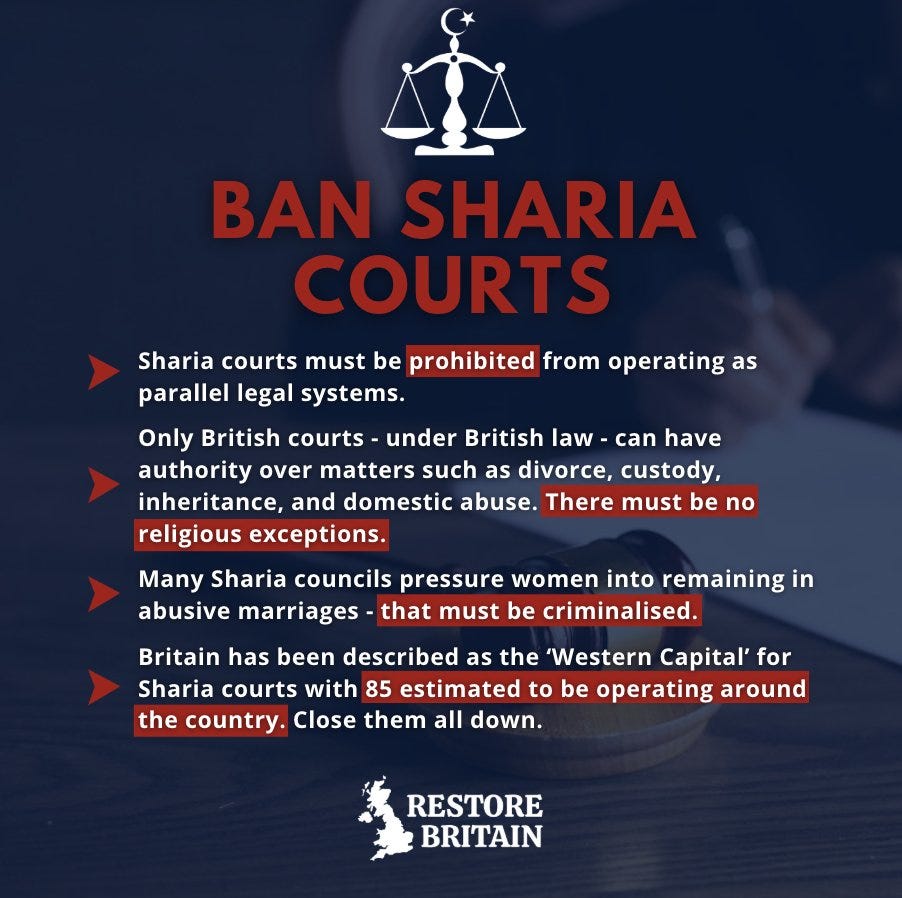This weekend, as I do most weekends, I went out to umpire a game of cricket - a competitive match played very much in the right spirit of the game by two teams in Leicestershire and Rutland Cricket League Division 3 West if you’re interested, although my delusions of grandeur are not so embedded that I presume that you are.
I mention this because one thing that any cricket official will tell you if you are with them for long enough is a little known fact (outside the world of cricket umpiring) that the game of cricket does not have ‘rules’, instead it has ‘laws’.
I’ve never really understood why cricket has ‘laws’ but, if ChatGPT is to be believed, it has lots to do with emphasising the ‘foundational and unchangeable nature of the game’s fundamental principles’. But the fact is that dating back to 1744 ‘laws’ is the word that it is applied, not rules.
It’s worth noting at this point that Google defines ‘law’ as being ‘the system of rules which a particular country or community recognises as regulating the actions of its members and which it may enforce by the imposition of penalties.’ (My emphasis)
In this sense obviously the ‘laws’ of cricket apply to the community of those who want to play cricket. If you don’t want to play cricket then they really have no impact on your life whatsoever. Zero.
In other news over the weekend, and blowing a dog whistle so hard it could be heard by canines on Mars across the vacuum of space, populist politicians of the angry right have dug up a job advert posted on a DWP job site for the post of ‘Shariah Law Administrator’.
Now, let’s put to one side the fact that many of those politicians would have you believe that because it is a vacancy posted on a government website it is a government funded or endorsed job, it isn’t. With even the slightest digging it’s easy to evidence the site itself is effectively an online job centre, and the employer recruiting for the post is not a government body
But that tangent in itself is being thrown into the mix by the usual voices to divide and spread misinformation with their ‘two-tier’ rhetoric.
Let’s instead focus on the ‘sharia law’ aspect.
In the UK sharia law refers to the application of Islamic religious law, primarily within sharia councils, for resolving family and financial disputes among Muslims.
In a 2019 briefing the authoritative House of Commons Library noted that ‘Sharia councils have no official legal or constitutional role in the UK. Their work consists primarily of adjudicating on religious divorces, usually at the request of women…’
They are, in essence, no different to the laws of cricket.
Sharia laws in the UK only apply if you choose to be part of the Islamic community. Whether it is Islam or the MCC. If you don’t want to be part of a community then you do not have to be, and categorically, UK law whether common or statute takes precedence over any community’s set of rules.
But let’s go further, because in the UK Islam isn’t the only religion that could be argued to have its own set of rules.
As a practising Catholic when I got married I entered into a civilly regulated life long partnership. I very much hope that it will never happen but should I get divorced then that process would be governed by the English legal system.
But also as a practising Catholic when I got married I agreed to follow the rules of the Roman Catholic Church, which teaches that a marriage cannot be dissolved, only ‘annulled’.
In other words there is a quasi-legal process within the church that investigates whether a marriage was ever valid in the first place.
In the Catholic Church there are many grounds for annullment - lack of capacity, lack of knowledge, force or fear - but equally there many grounds for the petition to be rejected. Just ask Henry VIII!
The point is that in this respect there is little to differentiate between a Sharia Council adjudicating on a religious divorce and a Catholic marriage tribunal adjudicating on an annullment.
Well, little apart from one of those religions is socially acceptable and the other is used as a tool to spread division. I shall leave you to decide which one is which.
It is only Islam where MPs are calling for a ban on ‘Sharia Courts’, for a prohibition from ‘operating as parallel legal systems’.
It’s not the Catholic Church that is facing calls for prohibition. It certainly isn’t the Marylebone Cricket Club. Despite both operating ‘parallel legal systems’ sudsidiary to national law.
One final point.
At the end of June Liberal Democrat backbench MP Chris Coghlan made the news because after voting in favour of the Terminally Ill Adults Bill in parliament, as a practising Catholic he was publicly denied communion by his parish priest (the Catholic Church being highly vocal against the principle of assisted dying).
Now, without going into the rights and wrongs of being denied communion (that is an entirely different post), it is clear Mr Coghlan’s parish priest was making a quasi-judicial decision on whether to allow him to receive the host.
The priest - quite probably incorrectly - was adjudicating based upon his interpretation of the laws of the church. Effectively he had taken a decision on the eligibility of Mr Coghlan to receive communion. Some may describe it as ‘following the rules’, others may suggest the priest was operating a ‘parallel legal system’.
Only they won’t. Because the Catholic Church is acceptable to the angry mob. Not all religions are.
It’s interesting to note that on social media I can find no mention of the angry right, and particularly its politicians, castigating the Catholic Church for operating it’s own set of rules against the MP. In fact, where they did comment - in that case - there was overwhelming support for the Church with one account saying ‘Time for baby (Coghlan) to realise that the Catholic Church has its rules, just like any other organization. If he rejects its teaching he can always go elsewhere.’
And isn’t that the point about sharia law? If anyone wants to reject the teaching of Islam in the UK they are free to do so, to ‘go elsewhere’. None of us are bound by those rules (or the Catholic Church or the MCC) unless we agree to be bound by them.
It is the right of living in a free country.
But living in a free country also means we don’t prohibit things just because we don’t like them, or the people that adhere to them.
That’s what the angry right will never tell you.

